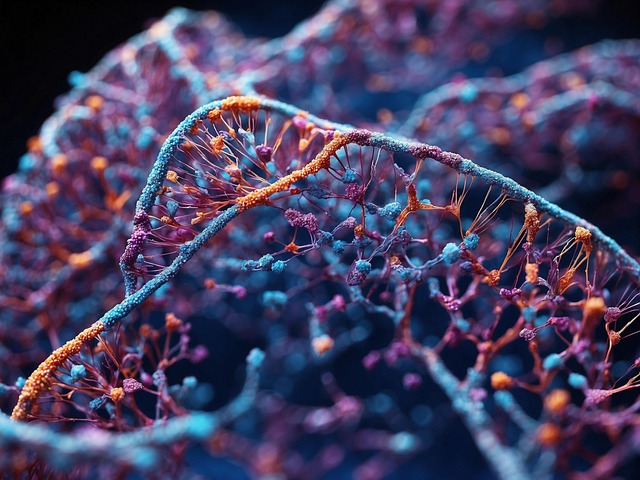AI-driven diagnostics revolutionize car shops by leveraging machine learning to analyze sensor data and repair records, enabling mechanics to swiftly identify vehicle issues, enhance decision-making, reduce diagnostic time, and improve overall efficiency. AI-based diagnostic systems not only optimize scheduling, inventory management, but also predict maintenance needs based on usage patterns, minimizing unplanned downtime, enhancing customer satisfaction, and maximizing shop resource utilization.
In today’s digital era, car shops are embracing AI productivity strategies to stay ahead. AI-driven diagnostics revolutionize vehicle repairs by providing accurate, swift assessments, replacing traditional time-consuming methods. Automated tasks enhance shop efficiency, allowing mechanics to focus on complex work. Predictive maintenance reduces downtime by forecasting and preventing breakdowns, ensuring vehicles are always ready for the road. With AI-based diagnostic systems for automotive repair at their disposal, shops can achieve unprecedented levels of precision, speed, and cost savings.
- AI-driven diagnostics: Streamlining car repairs
- Automated tasks: Enhancing shop efficiency
- Predictive maintenance: Reducing downtime for vehicles
AI-driven diagnostics: Streamlining car repairs

AI-driven diagnostics have revolutionized automotive repair, transforming traditional car shops into efficient, data-driven hubs. By employing AI-based diagnostic systems, mechanics can swiftly and accurately identify issues within vehicles. These advanced systems leverage machine learning algorithms to analyze sensor data, engine performance metrics, and historical repair records, providing detailed insights that aid in faster and more precise troubleshooting.
With AI at their disposal, car shop technicians benefit from enhanced decision-making capabilities, reducing the time spent on diagnostics and enabling them to focus more on complex repairs and customer service. Moreover, AI-driven diagnostics contribute to improved overall efficiency, lower labor costs, and higher customer satisfaction, positioning modern car shops as leaders in the automotive industry’s technological evolution.
Automated tasks: Enhancing shop efficiency

Automated tasks play a pivotal role in enhancing the efficiency of car shops, and AI-based diagnostic systems for automotive repair are at the forefront of this revolution. By leveraging machine learning algorithms, these systems can quickly and accurately identify issues within vehicles, streamlining the diagnosis process. This not only saves time but also reduces the likelihood of human error, ensuring that repairs are conducted efficiently and effectively.
Furthermore, AI-driven automation extends beyond initial diagnostics. It optimizes scheduling, inventory management, and even predictive maintenance. For instance, AI algorithms can anticipate when a vehicle may require service based on usage patterns and sensor data, allowing shops to proactively schedule appointments and order parts in advance. This proactive approach not only improves customer satisfaction but also contributes to the overall operational smooth running of the car shop.
Predictive maintenance: Reducing downtime for vehicles

Car shops can significantly enhance their productivity and cut costs by implementing predictive maintenance strategies powered by AI-based diagnostic systems for automotive repair. These advanced systems leverage machine learning algorithms to analyze vast amounts of vehicle data, including sensor readings, driving patterns, and historical maintenance records. By predicting potential failures before they occur, mechanics can proactively address issues, minimizing unplanned downtime that often leads to costly repairs and customer dissatisfaction.
With AI diagnostics, car shops can optimize their service processes by prioritizing tasks based on predicted failure rates. This proactive approach allows for more efficient scheduling of routine maintenance, reducing wait times for customers while maximizing the utilization of shop resources. Moreover, by identifying specific components at higher risk of failure, shops can order replacement parts in advance, further streamlining operations and ensuring that repair teams are equipped with the necessary materials when needed.
Implementing AI-based diagnostic systems for automotive repair can significantly revolutionize car shops, leading to more efficient operations and improved productivity. By leveraging AI for streamlined diagnostics, automated tasks, and predictive maintenance, shops can reduce downtime for vehicles, enhance service quality, and ultimately provide a better customer experience. These strategies mark a promising future for the automotive industry, where technology and innovation work hand in hand to keep vehicles on the road and businesses thriving.
